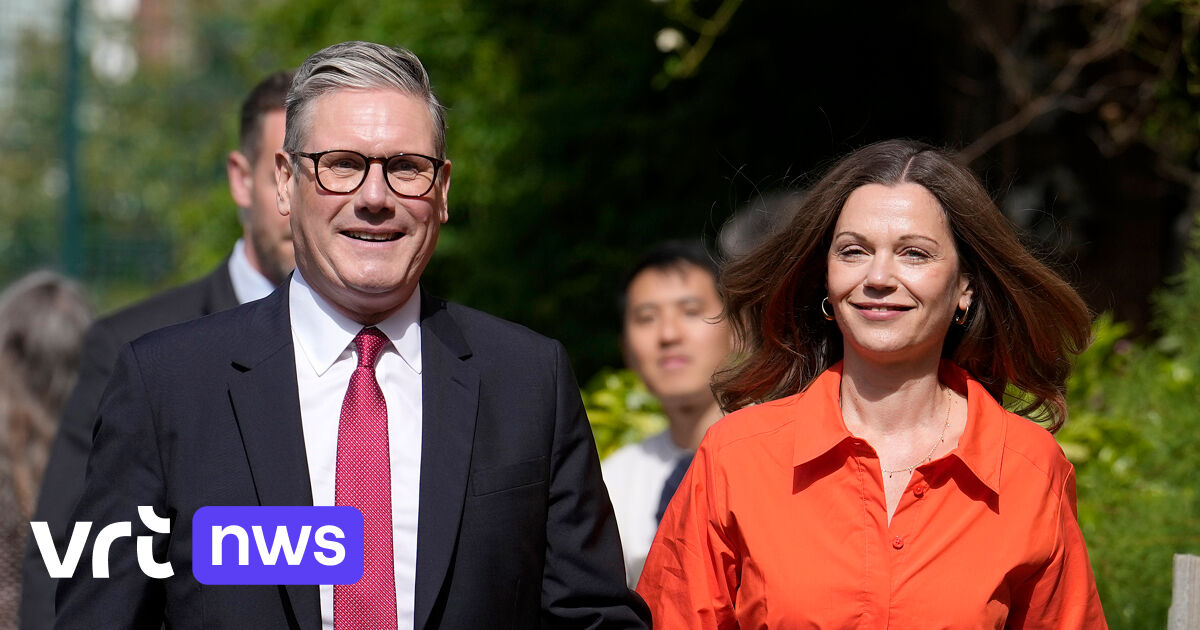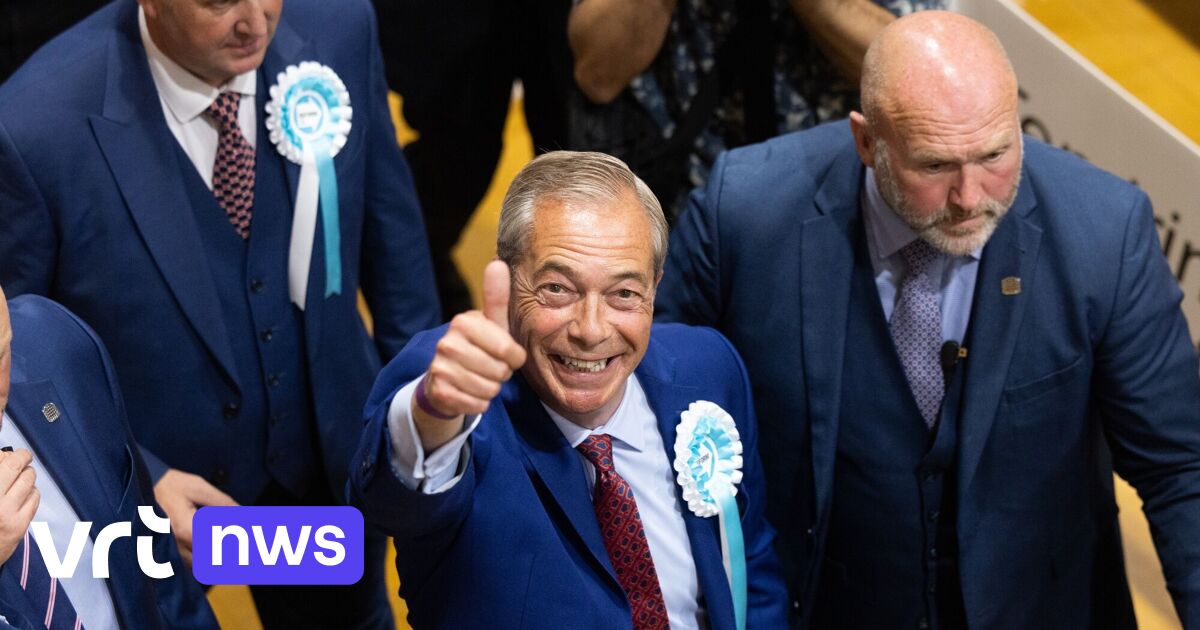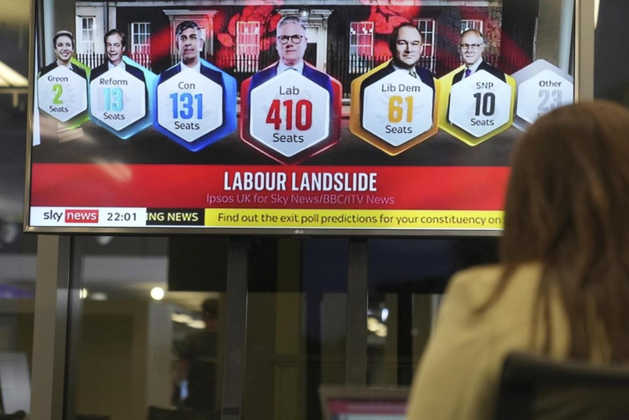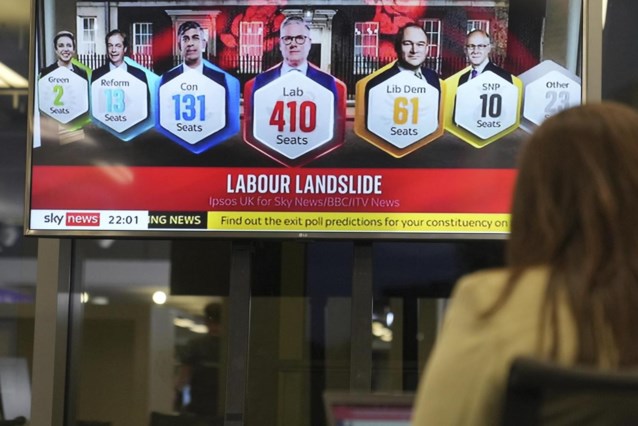comment This is a commentary, written by a member of the editorial staff. Comments express the attitude of the author.
“Chicken” or “chicken” is the name of a variant of the game theory, perhaps best known from American films in which two cars are speeding towards each other at full speed.
“Chicken” and loser being the first to lose heart and turn sideways, but backing away from the car they collide. Then both participants become losers.
The problem for players is that neither of them knows how much risk the other is willing to take, so you’ll be waiting as long as you can to give up.
Many compare what is now happening along the Ukrainian border to a game of cocks where neither participant wants war, but where there is the greatest chance of victory if the opponent really thinks that someone is willing to risk a collision.
What makes the assessment even more complicated is that there are far more participants than two in this particular game, and that the confrontation is really about something completely different from Ukraine.
Ukrainians, for example, are not in the driver’s seat of any of the cars that could collide, but are at risk of getting hit between them.
That Russia drives one car is obvious, that the United States drives the other is a little less obvious, but it’s a fact nonetheless.
Much of what Russia has done to Ukraine in recent months is about forcing the United States back to the negotiating table in Europe.
But there are also other than these two drivers who have their hands on the steering wheel. Among them are countries such as Germany, France, China and Iran, as well as associations such as NATO and the European Union.
Their interests partly coincided with those of the two drivers, partly opposed to them, and partly opposed to each other.
It is also one of the starting points for understanding Russia’s motives, and there is almost no desire to annex Ukraine.
This will not only lead to new strong sanctions, but will also cause heavy losses to the Russian army. Both during the invasion and subsequent occupation.
Even if he manages to create a certain national enthusiasm at the outset (even doubtful), a prolonged occupation will quickly erode Putin’s position; both among the people and among the elite so far he had managed to play against each other.
The main reason for the escalation may be more because Putin now sees a unique opportunity to also play against each other’s Western countries and institutions.
- Donald Trump’s four years and US demands that Europe should take on more spending have put NATO under pressure.
- Angela Merkel leaves as a stabilizing force in the EU.
- Boris Johnson is desperately fighting to survive as British Prime Minister.
- Emmanuel Macron could be replaced as president of France by a radical right-wing politician during the year.
- Joe Biden has become nearly as unpopular at home as Donald Trump.
In this regard, the West today appears more divided than ever, and Putin is doing everything he can to increase the level of conflict.
- He has consistently refused to negotiate with the EU; only NATO applies.
- The fact that the United States is once again heavily involved in Europe will reduce the influence of European countries there.
- Germany and France – the two main engines of the EU – already have different interests when it comes to Russia.
But Putin may have misjudged Western cohesion. That the United States is shifting its attention from Southeast Asia to Europe may benefit China more than Russia. It also serves NATO in several areas:
- The organization regained its central place in American security policy thinking.
- Several EU countries (notably France) are planning to develop EU-based alternatives to weakened NATO.
- Countries such as Finland and Sweden have again seriously discussed applying for NATO membership.
This strengthening of NATO is by no means bad news for Norway, which is outside the EU and has the entire base of our security policy precisely in membership there.
Putin, who himself uses alleged external threats from the West to garner support for his policies at home, may find external adversaries also useful for the unity of NATO and the West.
Especially such a person acting aggressively and unreasonably towards a small neighboring country that has never threatened Russia.
A prerequisite for this, of course, is that there will be no war in Ukraine. Then we have all lost.
Then we all risk ending up as chicken, roast chicken.

“Hipster-friendly creator. Music guru. Proud student. Bacon buff. Avid web lover. Social media specialist. Gamer.”







